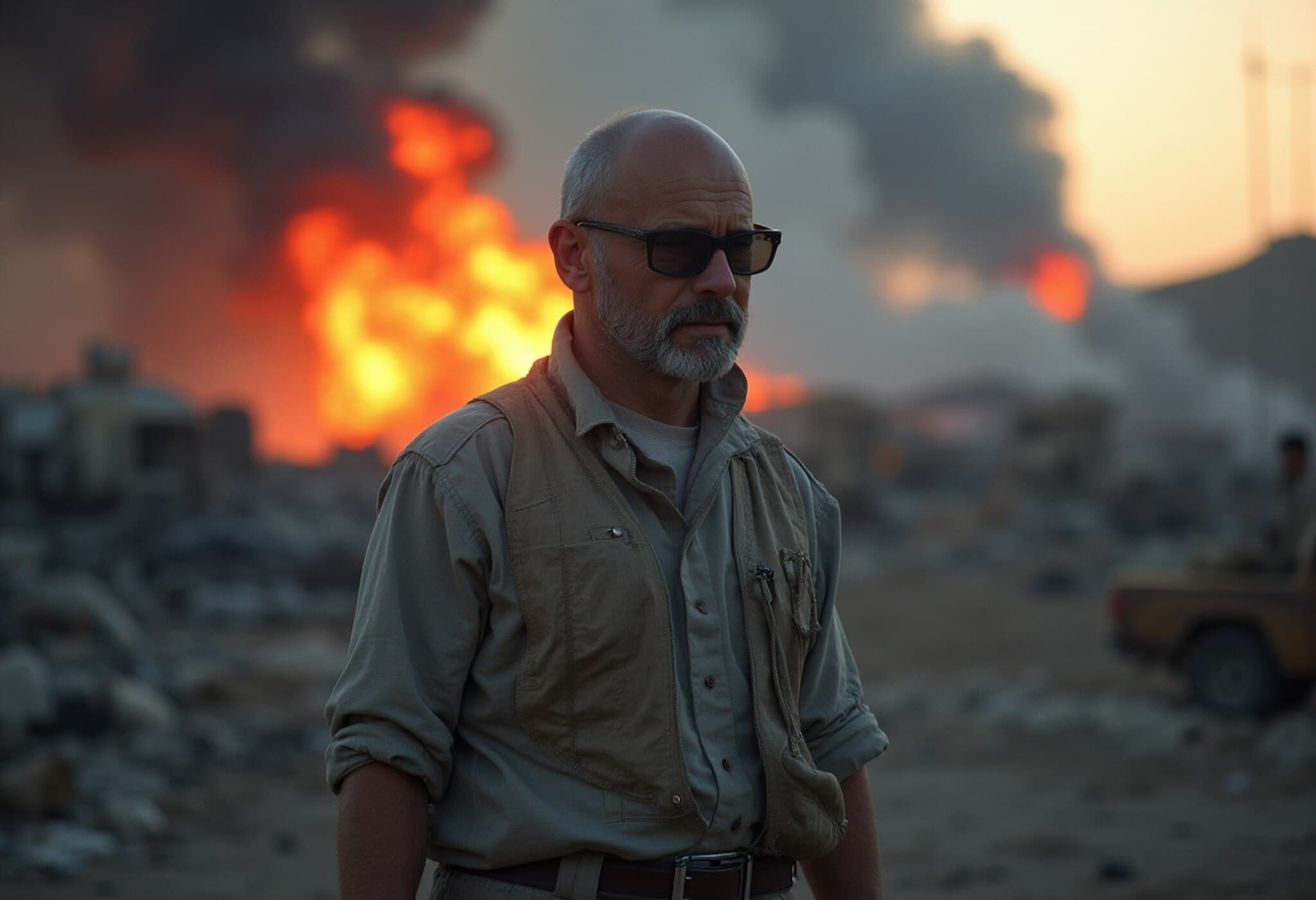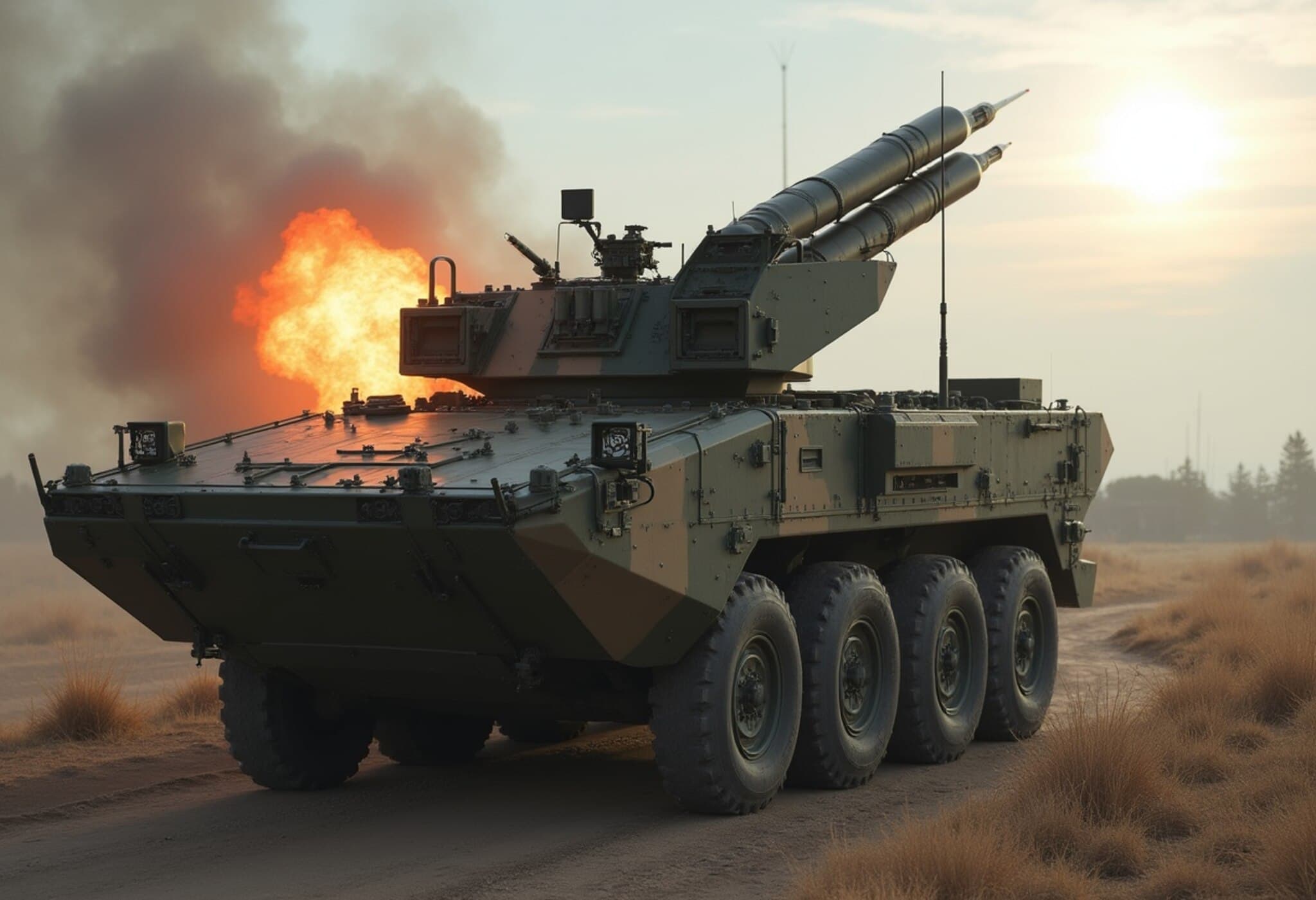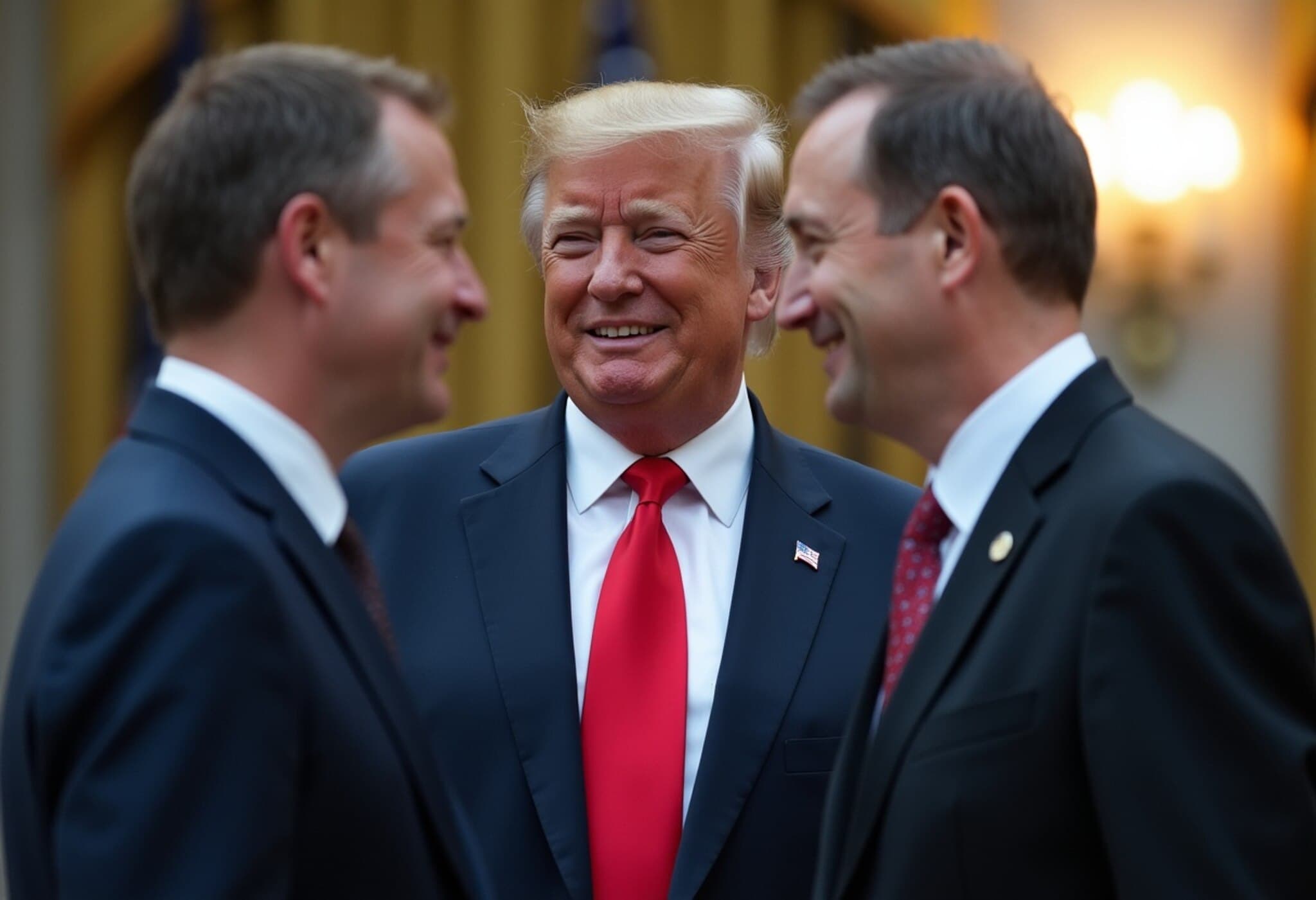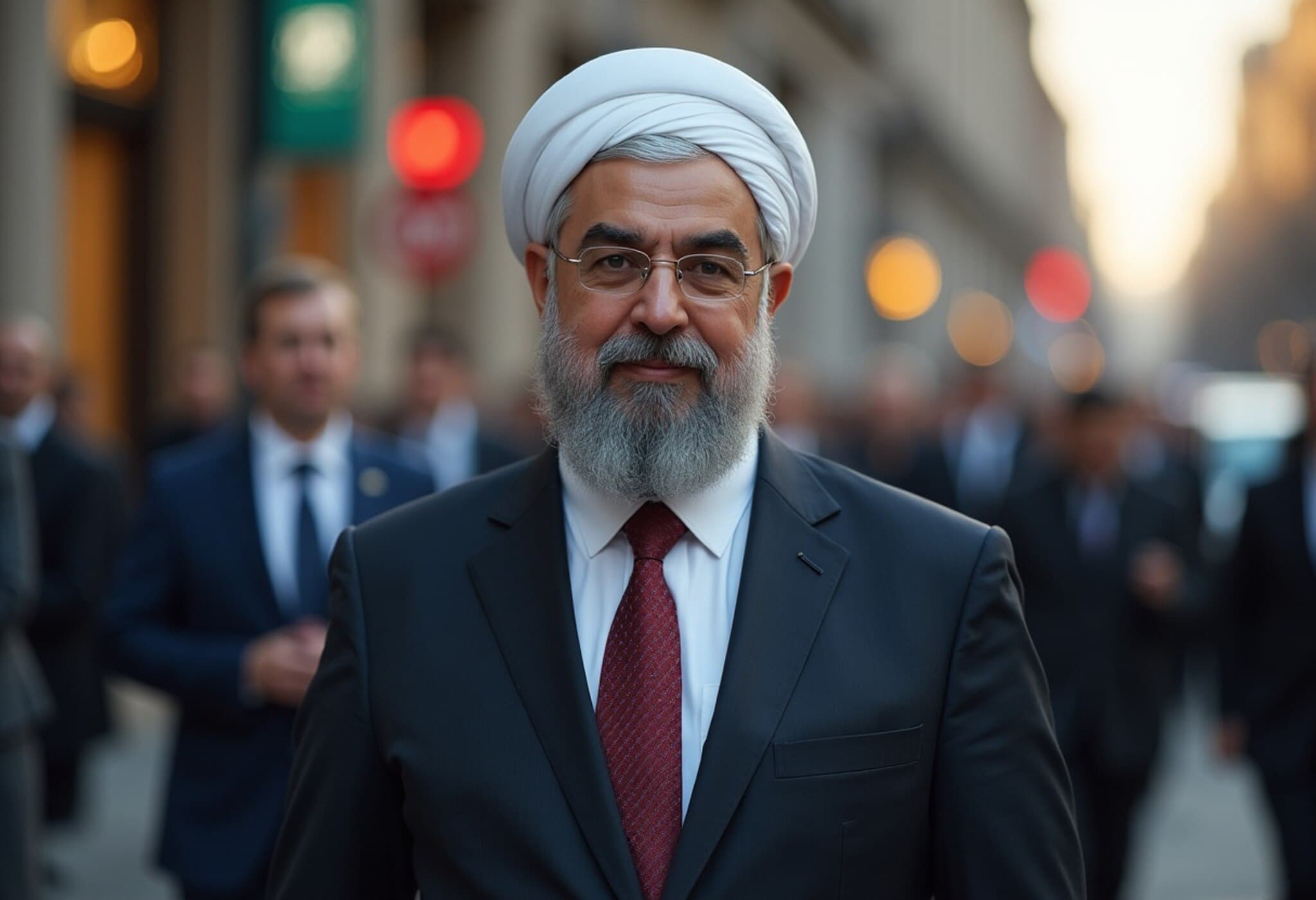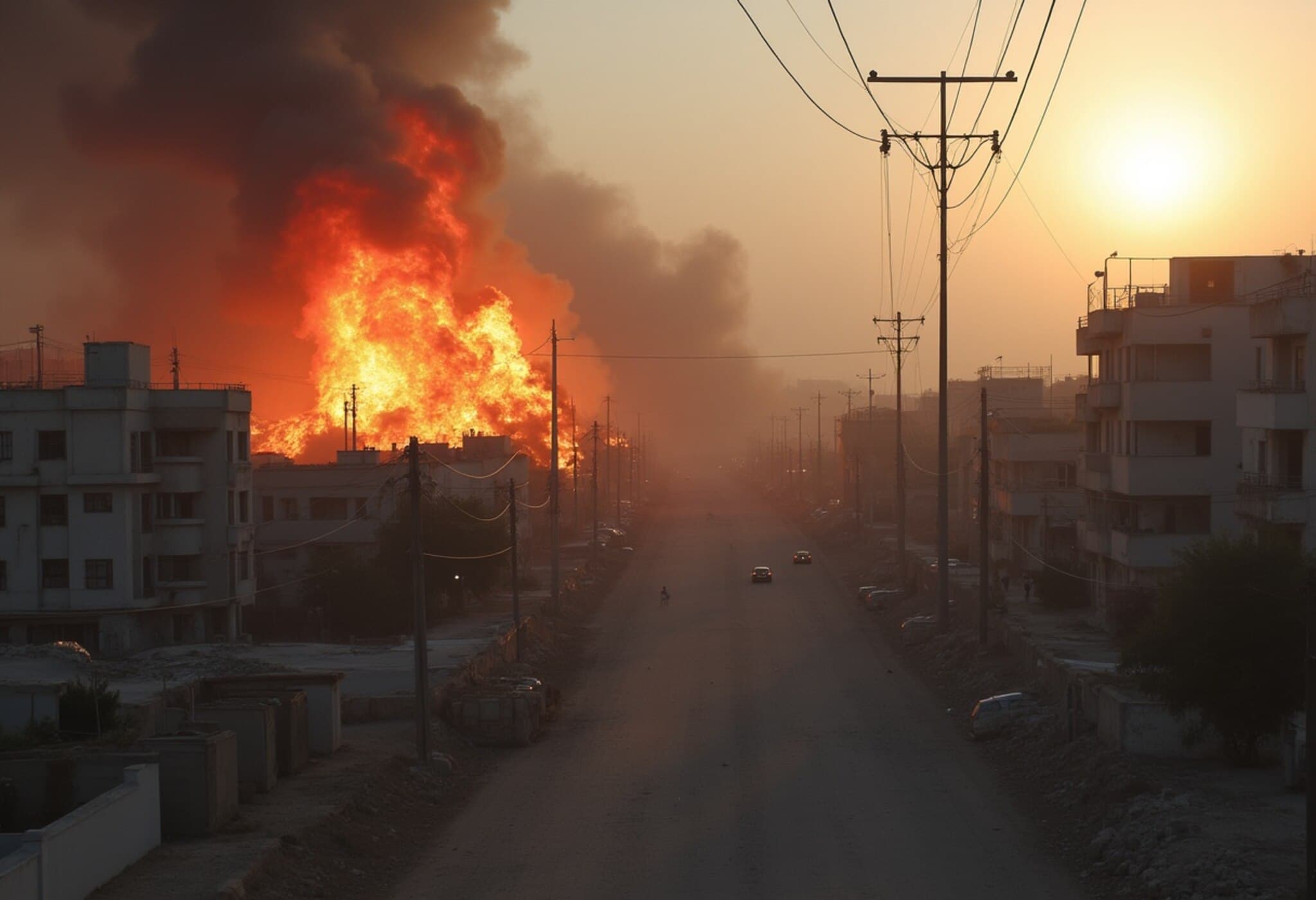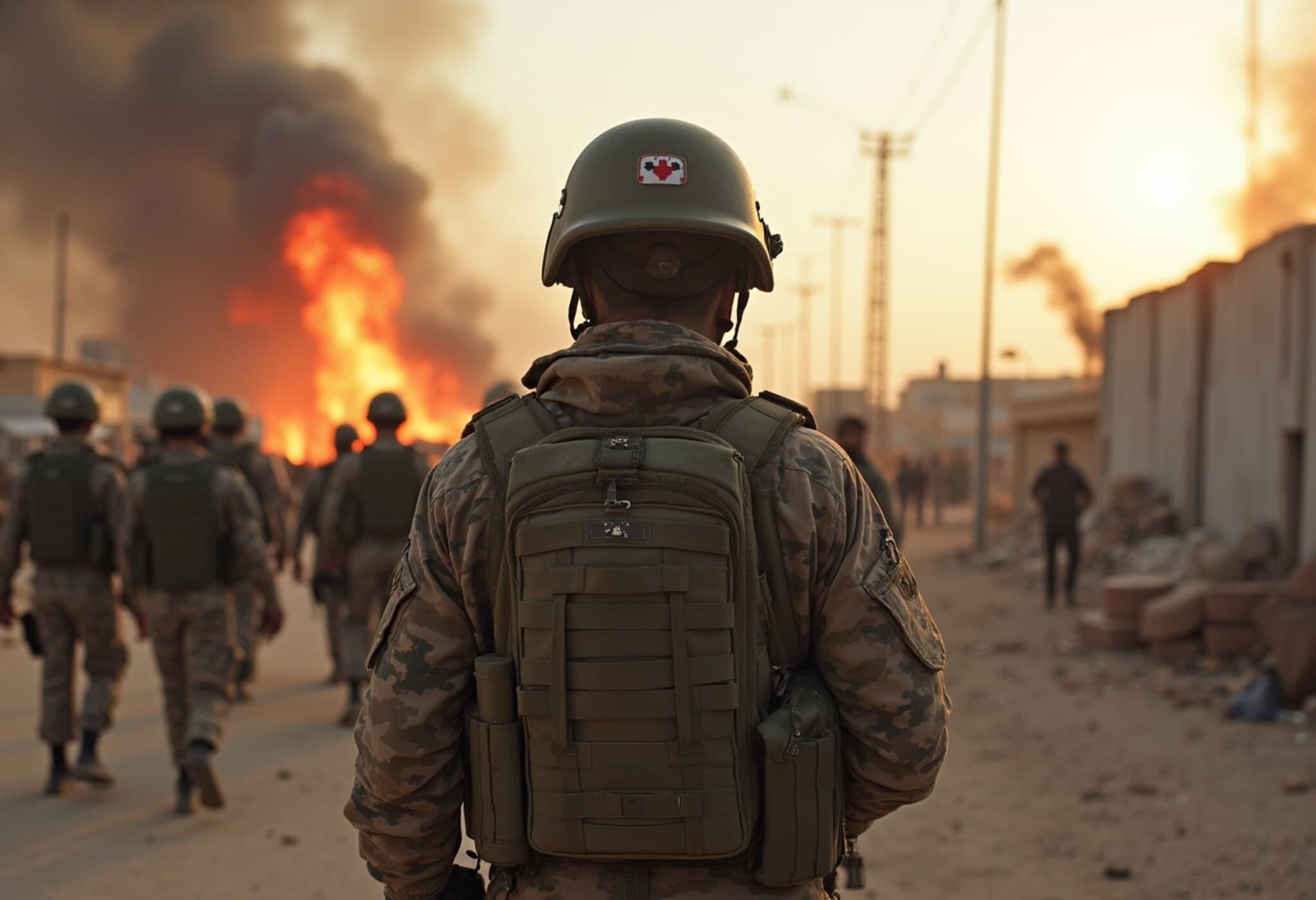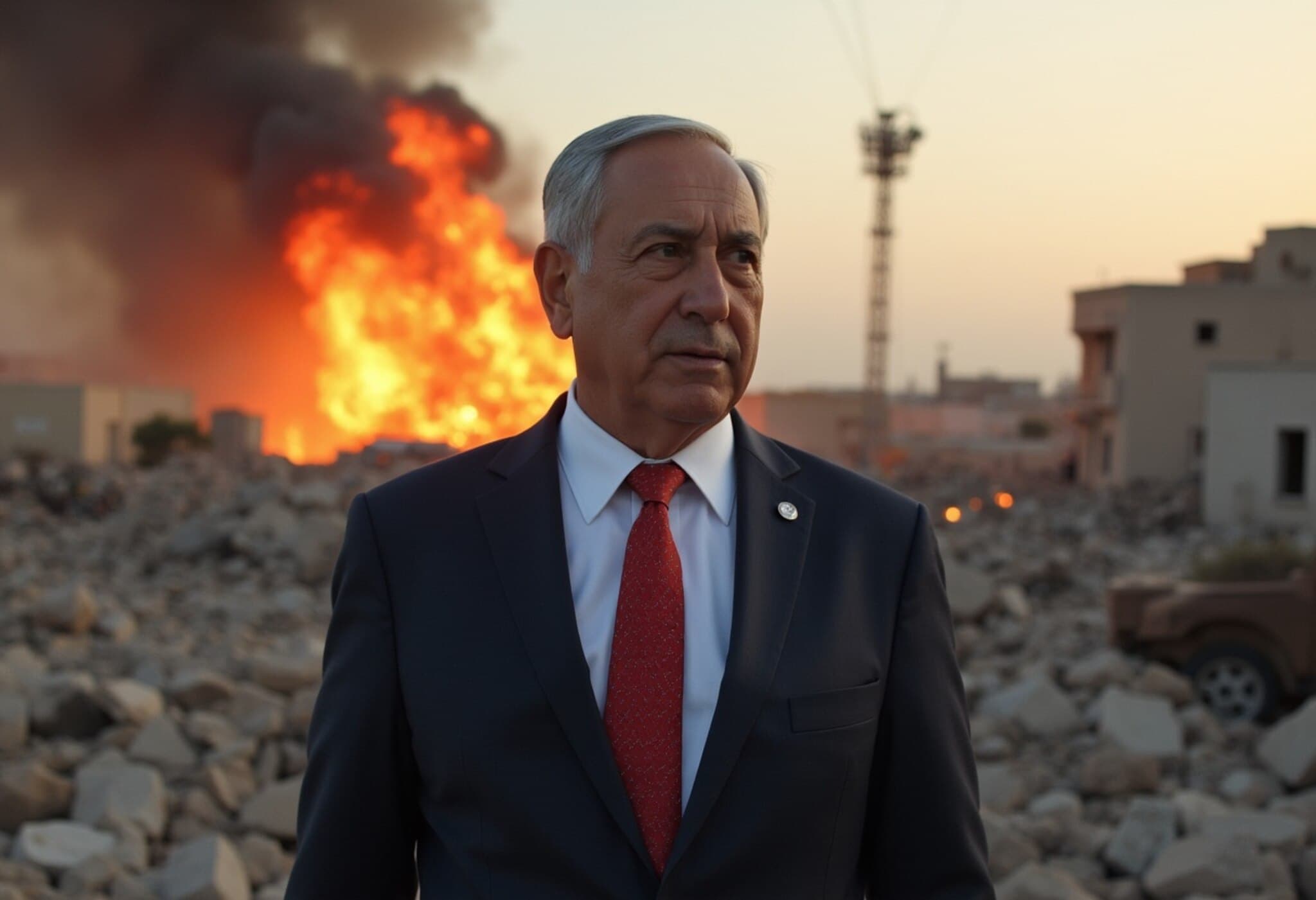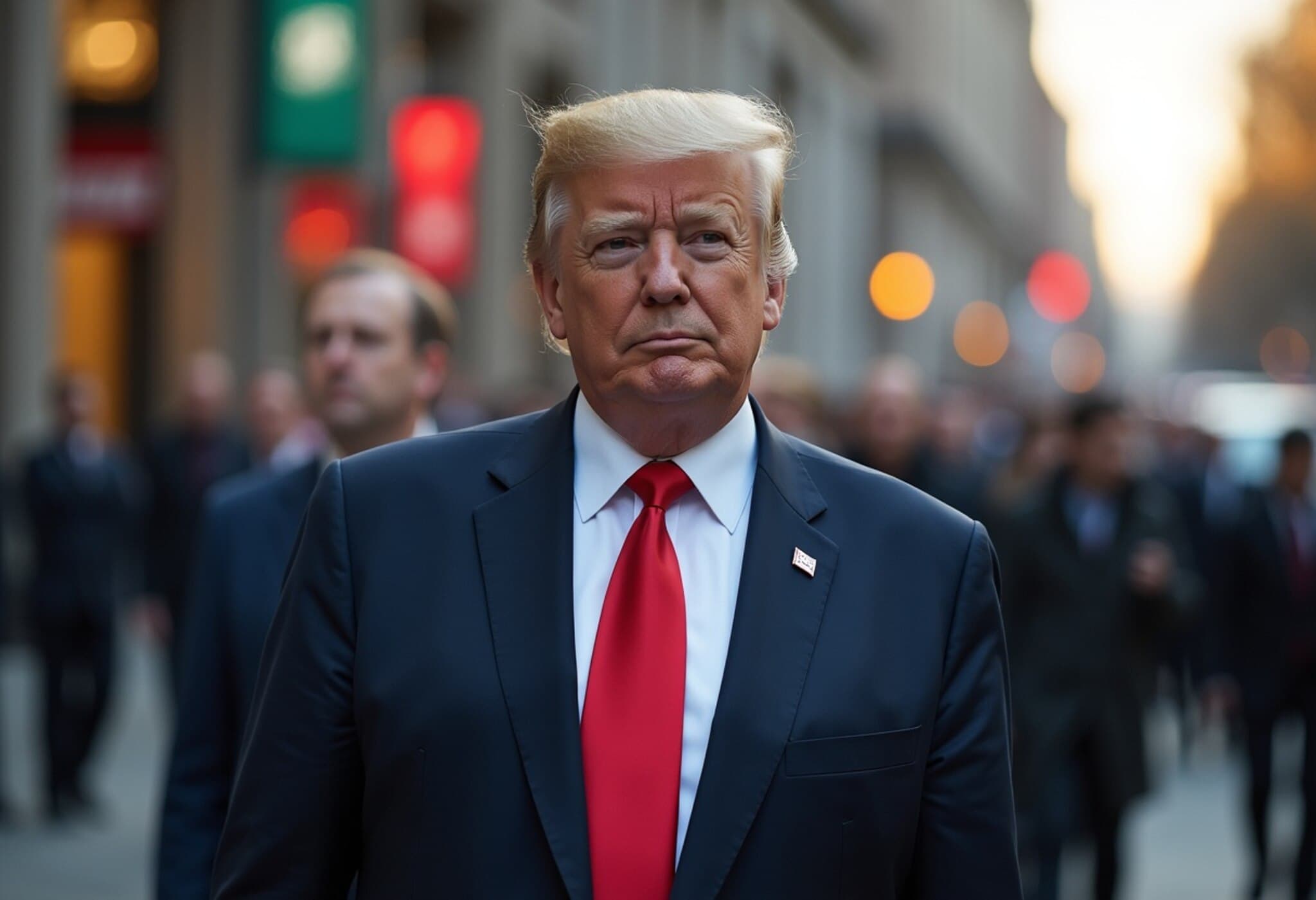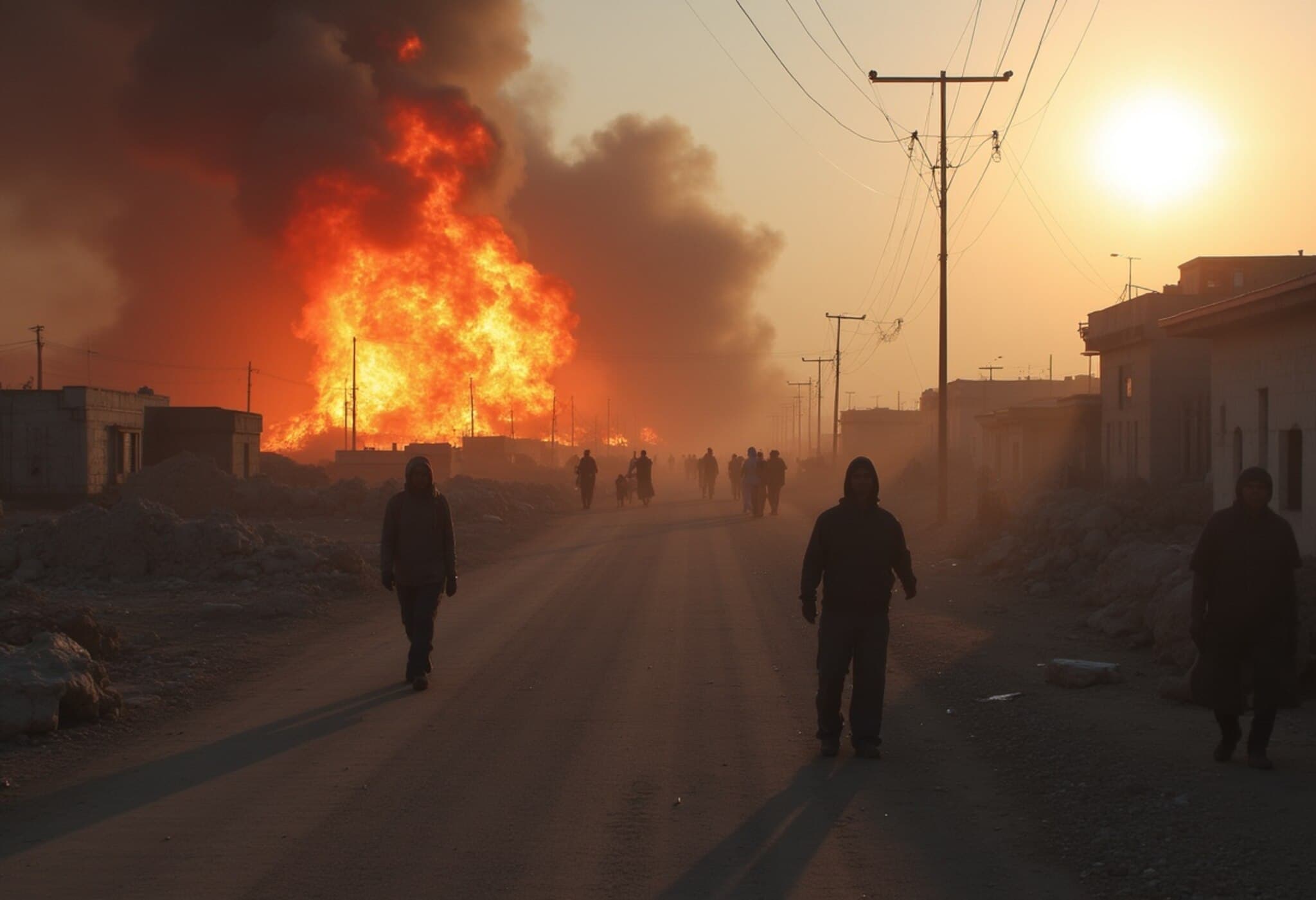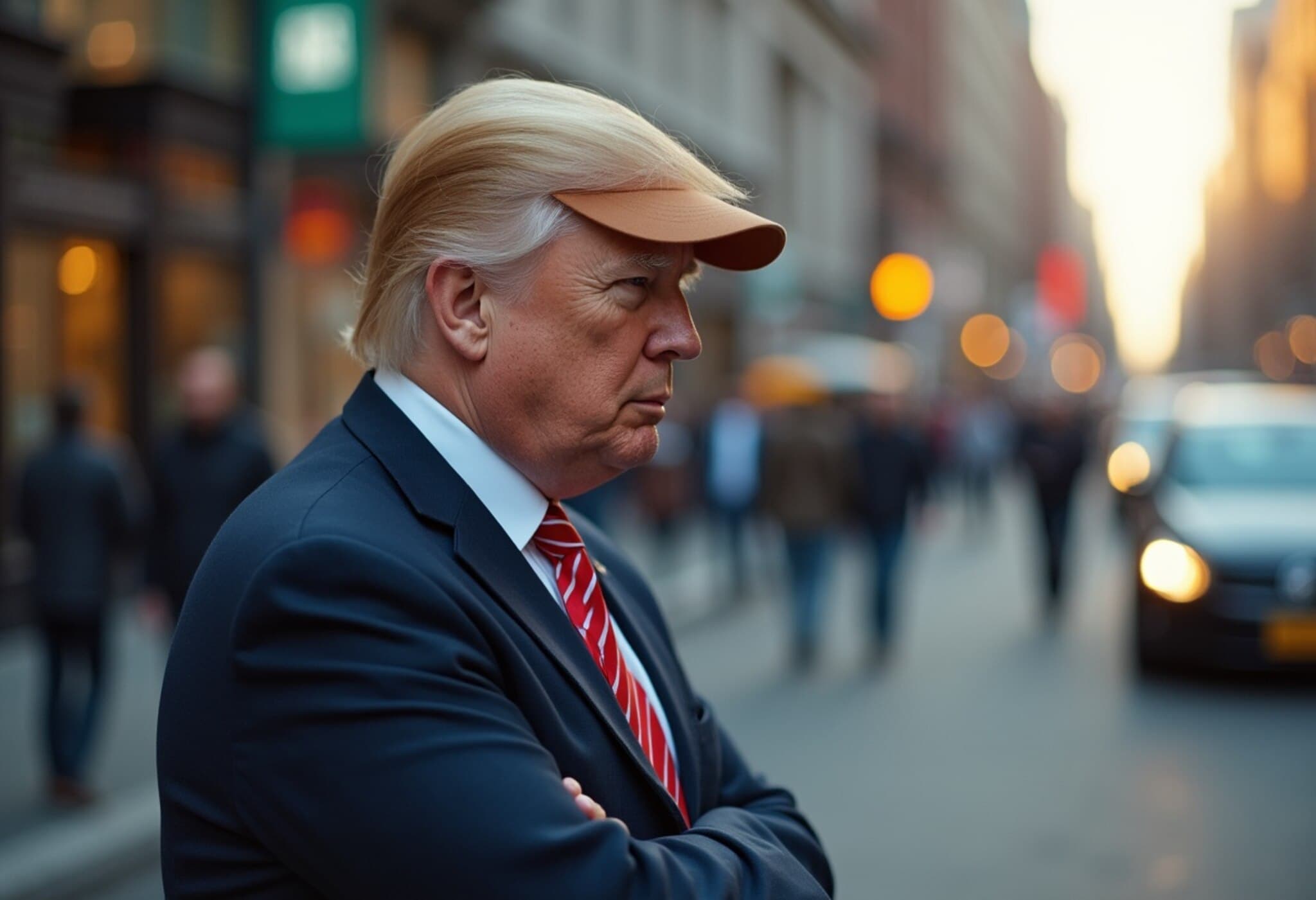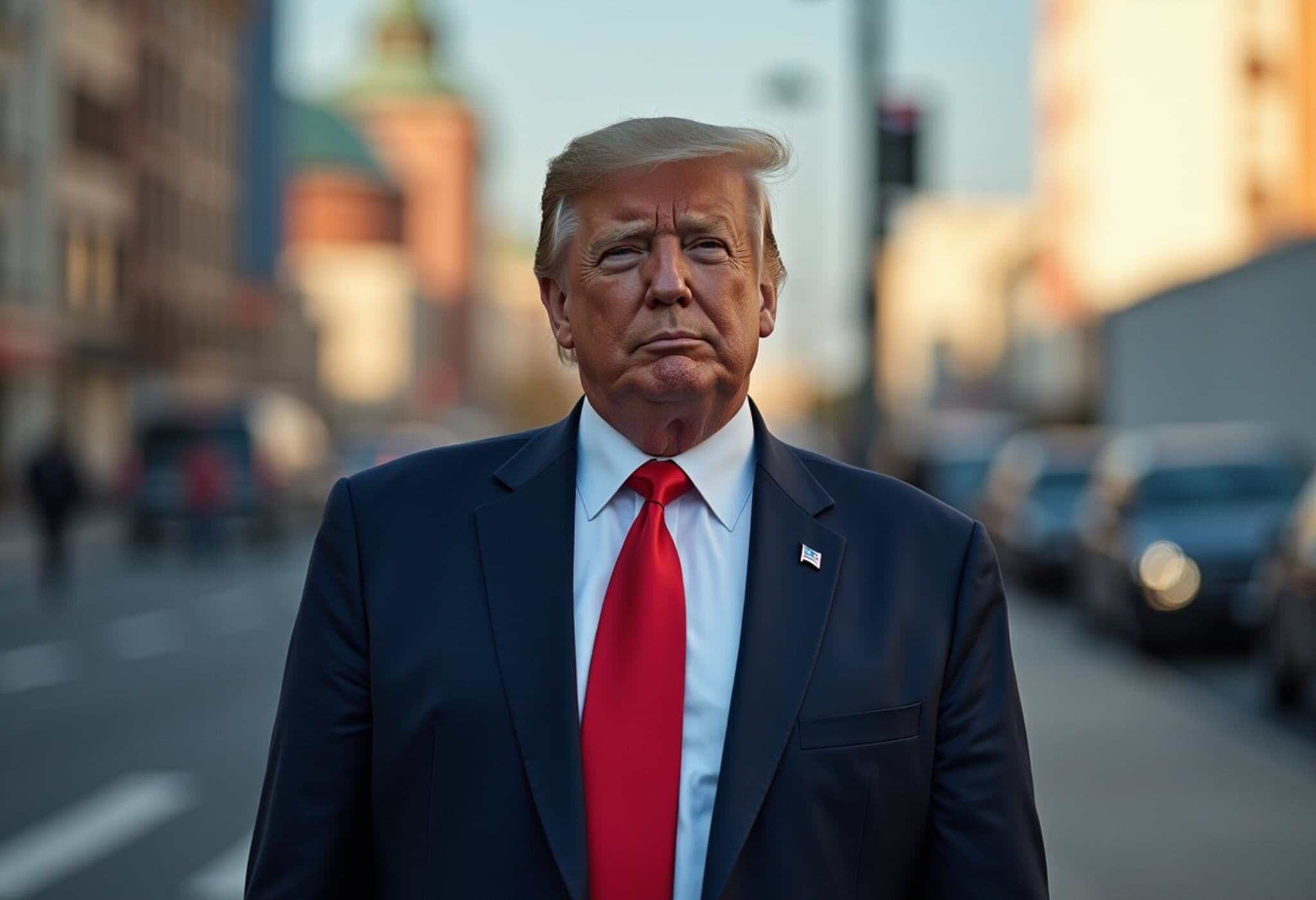IAEA Inspectors Resume Work in Iran Following US and Israeli Airstrikes
In a significant development underscoring the fragility of nuclear diplomacy in the Middle East, International Atomic Energy Agency (IAEA) inspectors have returned to Iran for the first time since a series of strikes targeted Iranian nuclear facilities earlier this year. This comes after Tehran suspended cooperation with the UN watchdog amid heightened tensions following the June conflict with Israel.
Background: Halted Cooperation and Rising Tensions
Tehran’s pause in collaboration with the IAEA took place in the aftermath of a 12-day war in June, sparked by an unprecedented Israeli air offensive against Iranian-linked locations in the region. Iran accused the IAEA of failing to condemn these Israeli and US-led assaults, which Tehran viewed as violations of its sovereignty and an escalation in its ongoing nuclear dispute.
IAEA Director General Rafael Grossi confirmed in an interview with Fox News that the recent dispatch of inspectors marks a cautious restart of engagement. “We are about to restart,” Grossi told the program The Story. “There are many nuclear facilities in Iran. Some were attacked; others remain intact. We are discussing practical ways to resume our monitoring effectively.”
Diplomatic Talks in Geneva: A Race Against Sanctions
The timing of the inspectors' return is critical as Iran concurrently held talks in Geneva with the United Kingdom, France, and Germany on August 27, aiming to prevent a snapback of sanctions. The European trio—key parties to the defunct 2015 Joint Comprehensive Plan of Action (JCPOA)—have threatened to reactivate sanctions against Tehran by the end of August, citing concerns over Iran’s nuclear program trajectory.
Iranian Deputy Foreign Minister Kazem Gharibabadi emphasized the need for diplomatic patience, stating it is “high time” for European powers to “make the right choice and give diplomacy time and space.” These discussions represent the second round since the June hostilities, reflecting the high stakes involved in preserving fragile diplomatic channels.
Contextual Insights: The Unraveling and Repercussions of the JCPOA
The 2015 JCPOA once stood as a landmark agreement aimed at curbing Iran’s nuclear ambitions in exchange for sanctions relief. However, the pact faltered in 2018 when the Trump administration unilaterally withdrew the US from the deal, reimposing stringent economic penalties on Iran. This move prompted Tehran to gradually reduce its compliance, fueling a cycle of distrust.
The June conflict and subsequent airstrikes further disrupted nuclear negotiations and strained Iran's interactions with international bodies like the IAEA. While Israel maintains that its military actions prevent Iran from acquiring nuclear weapons—an accusation denied by Tehran—the situation remains a powder keg with regional and global security implications.
Expert Commentary: Navigating a Complex Strategic Landscape
From an American policy perspective, the resumption of IAEA inspections signals a cautious but hopeful step toward reviving oversight mechanisms essential for nonproliferation. However, the shadow of geopolitical rivalry and mistrust lingers heavily. Experts highlight that effective diplomacy will require:
- Robust guarantees for Iran to protect its civilian nuclear activities without fear of unilateral strikes.
- Clear commitments from European powers on balanced enforcement of sanctions and diplomatic engagement.
- Enhanced transparency from Tehran and regional confidence-building to reduce the risk of miscalculations.
Failure to address these elements may escalate conflict risks, undermine nuclear verification regimes, and weaken global nonproliferation frameworks.
What Lies Ahead?
The return of IAEA inspectors provides a glimmer of stability in an otherwise volatile environment. Yet, the clock is ticking as European nations deliberate over triggering the JCPOA’s snapback clause. The upcoming weeks will be crucial in determining whether diplomatic efforts can bridge divides or if the cycle of sanctions, brinkmanship, and conflict deepens.
Editor’s Note:
As the world watches this delicate dance of diplomacy and deterrence, questions remain about the long-term viability of international agreements in the face of geopolitical competition. Can renewed IAEA access pave the way for meaningful negotiation, or will underlying distrust and regional security dilemmas continue to drive cycles of confrontation? Understanding these dynamics is essential not only for policymakers but also for citizens worldwide concerned about nuclear proliferation and peace in the Middle East.

